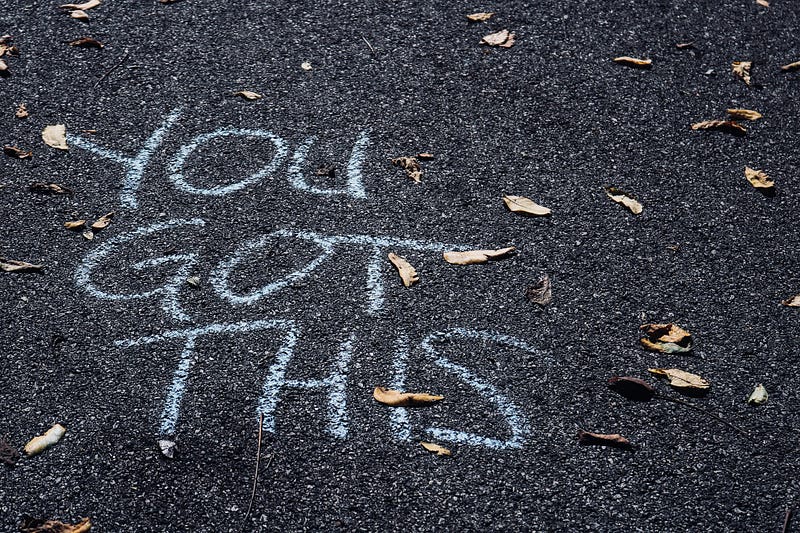# Embrace Self-Reliance: Why Blaming Others Hinders Your Growth
Written on
Chapter 1: The Weight of Responsibility
Every decision you make falls squarely on your shoulders. This includes not only the choices you make based on others' suggestions but also the decision to take no action at all. If a friend offers you advice and you choose to follow it, the outcome may not be ideal, but ultimately, it is your responsibility to handle the consequences of that choice. You had the option to choose differently at any moment, yet you didn't.
While hindsight may give you a clearer picture, it doesn't mean you made a poor decision. You acted based on the best information and understanding you had at that time. Unfortunately, many of us struggle to accept our role in the choices we've made. Instead, we often seek to shift the blame onto someone else. If we followed someone else's guidance, we might think they should bear the burden of the outcome. We might hold them accountable for our decisions, believing they should have known better and should now remedy the situation.
Even when no one else is involved, it's common to blame external factors—our surroundings, lack of sleep, or other circumstances—for our failures. We tend to point fingers everywhere but at ourselves. In the end, regardless of who might be at fault, you are the one who is here now, grappling with the situation. Resorting to blaming others may provide temporary relief from facing another setback, but it only deepens the issue.
This feeling intensifies when you know a choice is likely wrong, yet you still choose to follow someone else's advice. The pain doesn't stem from the trust you placed in that person or the accumulation of failures; rather, it arises from the realization that you didn't believe in your own judgment enough to trust yourself.
Section 1.1: The Impact of Self-Doubt
Imagine a lifelong friend who has always stood by you through thick and thin. This person has shared both your triumphs and your struggles. Now, envision sharing a pivotal idea with them, one that holds great significance for you, and yearning for their support. You present your concept, extending your hand in hope, but they simply shake their head and walk away. The devastation you would feel is akin to what happens every time you fail to trust yourself.
Each time you defer to someone else's opinion to avoid accountability, you erode the trust you have built with yourself. Over time, it’s likely that you will find it challenging to believe in yourself at all. You may find yourself making light of your decisions, and as you adopt a sarcastic attitude towards your judgment, you might increasingly shy away from making tough choices. By failing to trust your own instincts, you inadvertently betray your greatest ally—you.
Subsection 1.1.1: The Cycle of Self-Sabotage

As a result, you may become trapped in a cycle of second-guessing every decision, leaving you uncertain about your life’s direction and constantly seeking validation from others. This erodes your sense of purpose and enthusiasm, making every achievement feel insignificant and overshadowed by previous failures. The most painful realization is that you have lost the support system you once had within yourself.
Section 1.2: Rebuilding Self-Trust
This self-betrayal can lead to a deep-seated fear of the future. If you can’t trust yourself, who can you depend on when challenges arise? The path to breaking free from this cycle lies in embracing the responsibility for your choices, even for the choice to remain indecisive. Listen to your instincts, make your own decisions, and accept the outcomes—good or bad.
Yes, you may stumble and face setbacks, but your victories will be your own. Through this process, you will start to rebuild trust and love for yourself. You will recognize that you achieve success more often than you fail and that your capabilities extend beyond what you previously believed. The more you embrace this mindset, the more prepared you will be to confront the world, drawing upon a wealth of experiences that you've navigated.
Chapter 2: The Journey Towards Self-Empowerment
The video titled "This is Why You're Not Happy and How to Fix It | The Mel Robbins Podcast" delves into the importance of self-trust and accountability, offering insights on how to reclaim happiness by believing in yourself. It emphasizes that the journey towards self-empowerment begins with recognizing your own choices and learning from them.